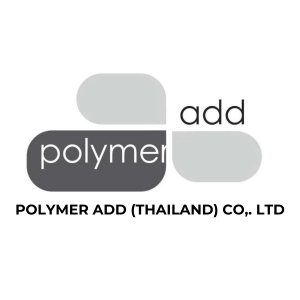Nucleating agents for polymers like Polyvinyl Acetate (PVAc) are added to improve crystallization, transparency, mechanical properties, and processing stability.
While nucleating agents are more commonly used in semicrystalline polymers like polypropylene and polyethylene, in the context of polyvinyl acetate (which is more amorphous), they may serve to modify properties like toughness, adhesion, or specific thermal transitions.
Calcium Carbonate and Other Inorganic Fillers
Calcium Carbonate (CaCO₃): Used as a filler with potential nucleation properties.
It can enhance mechanical properties, adhesion, and modify rheological behavior.
Talc and clay: Often used for their reinforcing characteristics but can also act as nucleating agents under certain conditions.
Metal Salts and Acetate-based Compounds
Specific metal salts and acetates can be used to enhance properties like stability, rheological behavior, and thermal response.
Sodium Benzoate: Commonly used as a nucleating agent in various polymers, sodium benzoate can enhance crystallization rates and improve mechanical properties. Its effectiveness in PVAc may vary and requires specific evaluation.
Aluminum p-tert-Butylbenzoate: This compound has been utilized to improve crystallization behavior in polymers, potentially applicable to PVAc.
Micronized Zinc Acetate: Known for its catalytic properties, zinc acetate has been used in polymerization processes and may influence crystallization in PVAc.
Micronized Calcium Acetate: Often employed as a stabilizer and nucleating agent, calcium acetate can affect the crystallization kinetics of polymers.
Micronized Cobalt Acetate: Utilized in various polymerization reactions, cobalt acetate may act as a nucleating agent under specific conditions.
